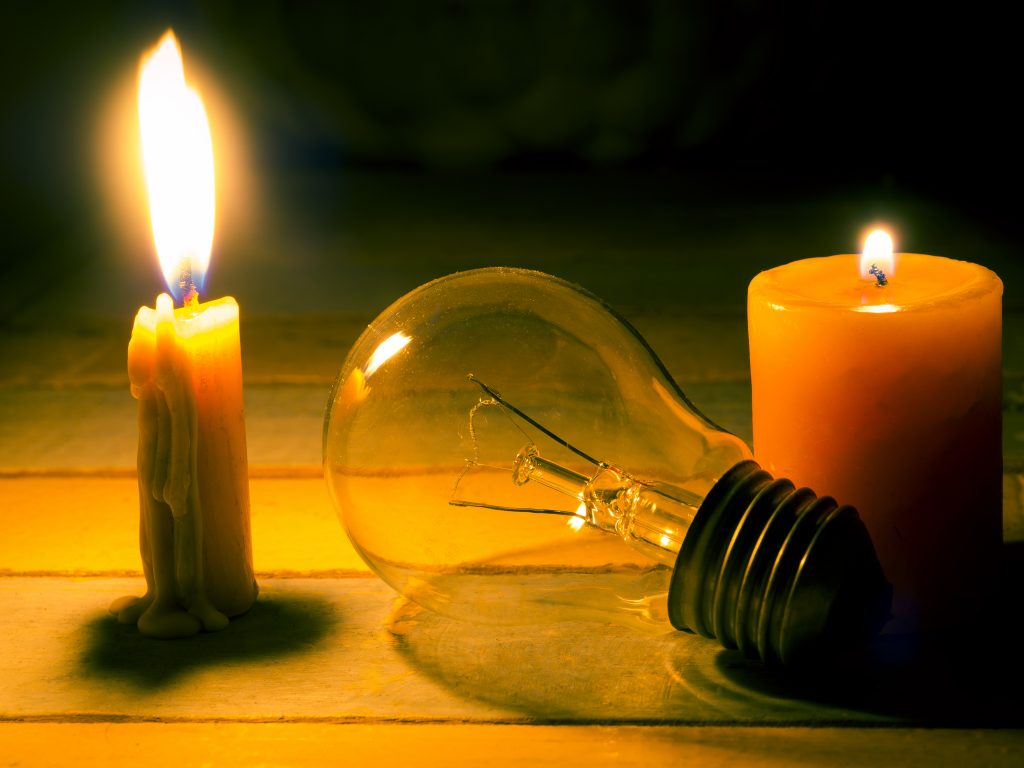Blogger: Saima William
As we the Christians of Pakistan, welcomed the festive season and prepared for Christmas celebrations, an chronic problem of unannounced electricity shortage and load shedding resurfaced with a rage, the unannounced electricity
The lead-up to Christmas is a month-long affair filled with anticipation, shopping for new clothes and shoes, and ensuring that everything is perfect for the special day. However, like a recurring nightmare, the joy is abruptly extinguished when the lights go out due to load shedding, not just for an hour but the entire first half of the day, destroying the day in full.
It’s disheartening that despite being well aware of the significance of Christmas for the Christian community, unannounced and unscheduled power outages continue to plague our celebrations. The authorities, including IESCO, are undoubtedly aware of the importance of this religious festival for Christians in Pakistan.
The impact goes beyond inconvenience; it disrupts the very essence of the annual festival of Christians. The vulnerable people can’t get ready in the glow of lights. Moreover, the Christmas Church Masses and significant carol services become a challenge with no power for musical instruments and sound systems, and congregants find themselves sitting in the dark, making children cry and the church management scrambles to find a solution instead of focusing on the church service.
The frustrating reality is that complaints and pleas regarding this issue have echoed for years, and yet, the problem persists. Why is it that on Christmas, a day of reverence and festivity, the lights go out, casting a shadow over the joyous occasion?
The question lingers: Must Christians and other minority communities consistently remind senior government authorities not to enforce unannounced load shedding on their religious festivals, where the impact is felt more profoundly?
This ongoing struggle reflects not just a technological glitch but a broader issue of ensuring religious freedom and equal treatment for all citizens. It’s a call for understanding, consideration, and a plea to safeguard the sanctity of celebrations that hold profound cultural and religious significance.
Looking ahead, with only three days remaining until the arrival of the New Year in 2024, which holds significant importance for Christians as another joyous festival, there is a sense of anticipation and concern. As the community eagerly prepares for the New Year’s Day Church masses, there is a collective hope that measures will be taken to ensure an uninterrupted power supply, as they are taken of Eids, Ramzan and other majoritarian festivals. The address of this issue will allow for a more seamless and celebratory ushering in of the coming year.


